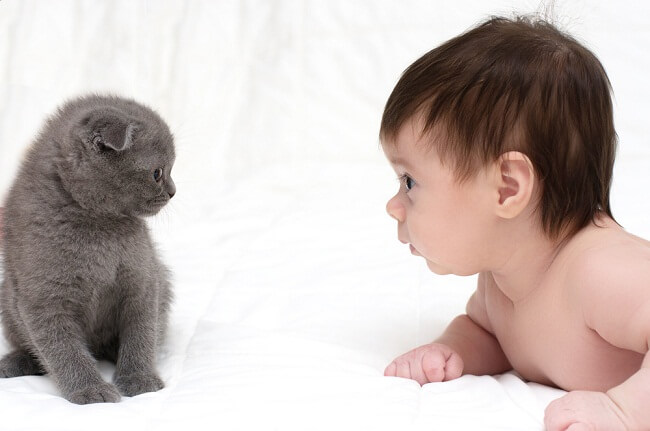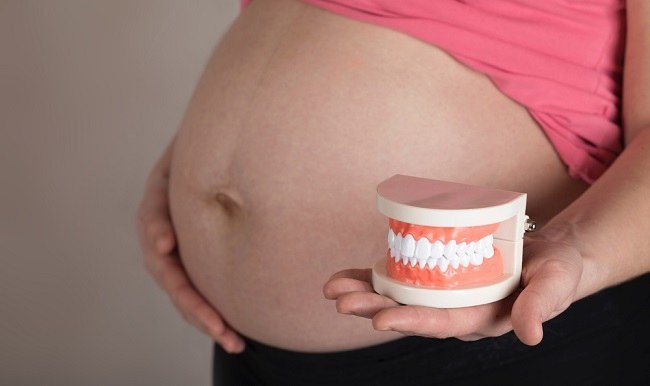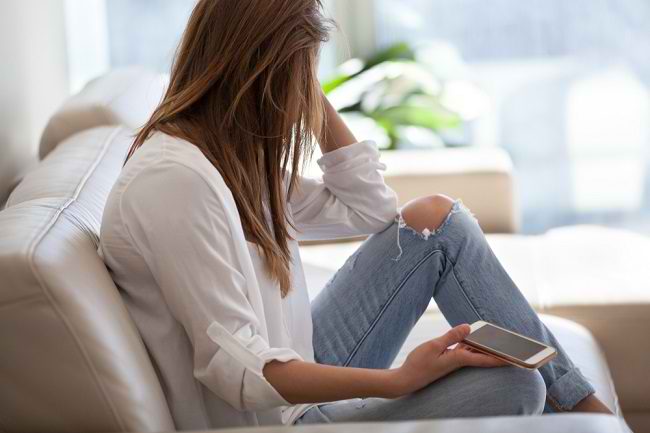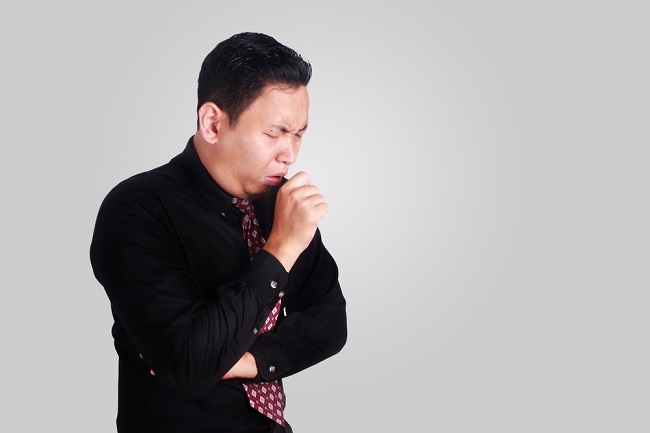You often exchange personal equipment, such as clothes and make up, with friend? Think again, okay? There are some objects that you should not share with other people because of the risk of transmitting diseases, such as bacterial, fungal, and even COVID-19 infections.
As stated above, borrowing and borrowing personal items from other people should be avoided, especially in the midst of the COVID-19 pandemic. The reason is, personal items that you borrow or lend can be a medium for the transfer of various disease-causing microorganisms, such as viruses, fungi, fleas, and bacteria.

List of Items That Can't Be Lend
In order to prevent or minimize the risk of transmission of various diseases, you are advised not to lend or share the following items with others:
1. Clothes
If clothes are not washed properly, germs can spread to other clothes that are washed at the same time. It is important to change clothes every day and not to lend them to others, especially for underwear, tracksuits, and clothes for cooking.
2. Towel
Towels used by more than one person can increase the risk of germs being exchanged between people who use the towels. So, always bring your own towel whenever you travel or exercise to prevent transmission of germs and viruses from other people.
In addition, sharing towels with other people can also increase the risk of fungal infections, especially if the towels were previously used by people who have fungal infections of the skin.
3. Toothbrush
Toothbrushes used by more than one person have the risk of increasing the transmission of diseases due to viral infections, such as HIV, hepatitis B, and hepatitis C. So, if you forget to bring your toothbrush when you stay or travel out of town, you should buy a new toothbrush and Don't borrow someone else's.
4. Shaver
Exfoliating and bleeding skin is a common occurrence when someone shaves their hair, hair, or beard.
Therefore, just like toothbrushes, razors should not be loaned to other people because they can be a medium for the spread of certain diseases, such as HIV, hepatitis B, and hepatitis C.
5. Nail clippers
Walking barefoot in a public bathroom can put you at risk of developing toenail fungus. Similarly, by using nail clippers alternately with other people who were first exposed to the fungus.
6. Comb
Ringworm of the scalp and head lice is a disorder that is often experienced by children aged 3-11 years. However, this disease can also be experienced by adults.
Ringworm and lice can be spread and transmitted easily through combs that are used interchangeably. Likewise with the use of helmets and hats that are used by more than one person.
If you often travel by motorcycle taxi or use a helmet that is worn by many people, it's a good idea to wear hair and scalp protection, such as shower cap or hair net.
7. Earphones
Infections of the outer ear canal can be caused by wearing earphone that are not clean or are often used interchangeably. If not treated promptly, this infection can spread and cause ear pain, even hearing loss.
8. Sex toys
The next item you shouldn't lend to other people is sex toys. The reason is, if you lend this personal item to someone else, you can be at risk for getting sexually transmitted diseases.
In women, for example, the risk for bacterial vaginosis and HPV infection may increase if they share sex toys with others who have a history of the disease.
9. Tools make-up
Eye infections, such as conjunctivitis, can be transmitted easily through tools make-up which are used interchangeably. Even seemingly simple habits, such as borrowing and using lip balm (lip gloss) or your best friend's lipstick can also increase the risk of transmitting herpes.
Therefore, in order to minimize the risk of infection, it is best not to borrow or use make-up someone else's, yes.
Always try to avoid exchanging personal items that involve direct contact with the skin and mucosa (such as the mouth and eyes), including bar soap and drinking glasses or bottles.
If indeed you have already lent your personal belongings to a friend, wash the object thoroughly using warm water before use, so that germs, bacteria, and viruses attached to the object are eradicated.
If that's not possible, try spraying disinfectant on the surface of the item you've borrowed.
If you experience health problems after reusing items that you have lent to others, immediately consult a doctor for examination and treatment.
Sponsored by:









